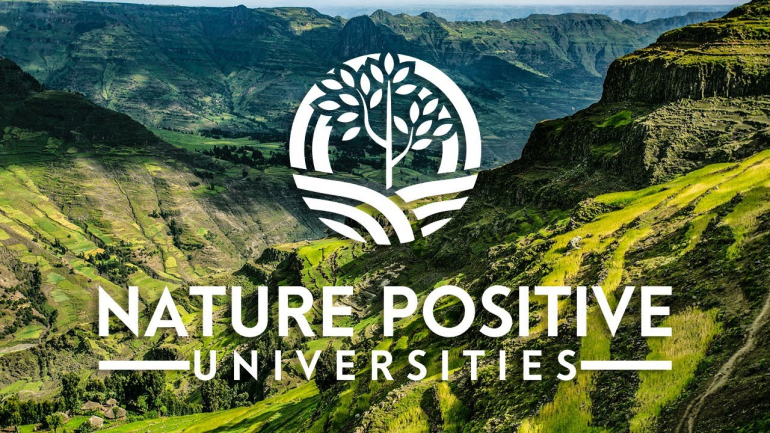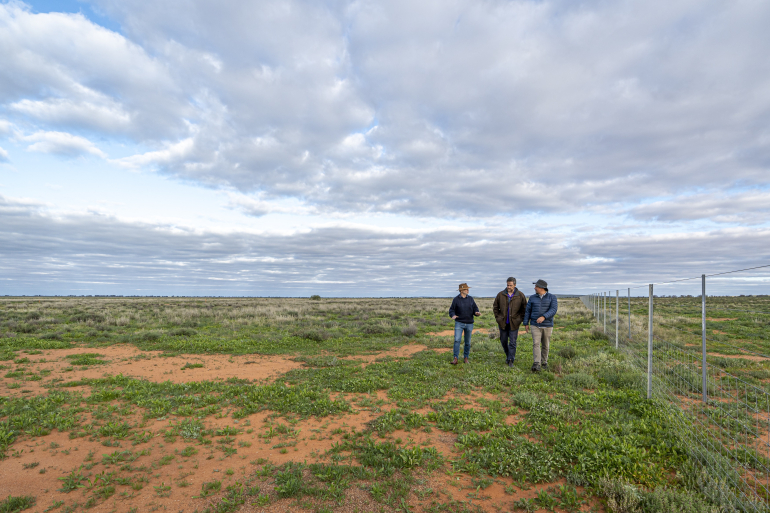The Nature Positive Pledge is an initiative between the United Nations Environment Programme and the University of Oxford, affiliated with the UN Decade on Ecosystem Restoration. The initiative is timed to build advocacy and momentum ahead of the 15th Conference of the Parties (COP15) to the United Nations Convention on Biological Diversity in Montreal in December 2022. COP15 participants will aim to agree new goals and action plans for nature over the critical decade to 2030, including a new global pact to protect 30% of the planet's land and seas by 2030, an initiative known as ‘30x30’.
By making this pledge, UNSW becomes a founding member of Nature Positive Universities and commits to:
- Carry out a baseline of our impacts on nature.
- Set specific, measurable, time limited targets for biodiversity.
- Carry out actions for nature to meet our targets, using the conservation hierarchy.
- Report on progress towards these steps on an annual basis.
The above commitments are aligned with targets and initiatives in the UNSW Environmental Sustainability Plan 2022-24, which establishes:
- A target for Kensington campus to achieve a net gain in biodiversity value.
- A commitment to restore the 39,000-hectare Fowlers Gap Arid Zone Research Station as a dedicated site for conservation.
William Syddall, Head of Environmental Sustainability, said “Nature positive means halting and reversing nature loss so that species and ecosystems can recover. For a university, this means looking to enhance campus biodiversity through projects and management practices, and measuring and reducing the impacts of our operations and supply chain. We will report our progress in the annual UNSW Environmental Sustainability Report”.
The 39,000-hectare Fowlers Gap Arid Zone Research Station is located 1250km from Sydney – deep in NSW’s arid zone – and has operated as a sheep station and research hub for half a century. The removal of sheep will enable the ecosystem to recover and presents opportunities for research into the restoration of arid zone ecosystems, geology, hydrology, following pastoralism and future environmental trajectories under the effects of climate change.

